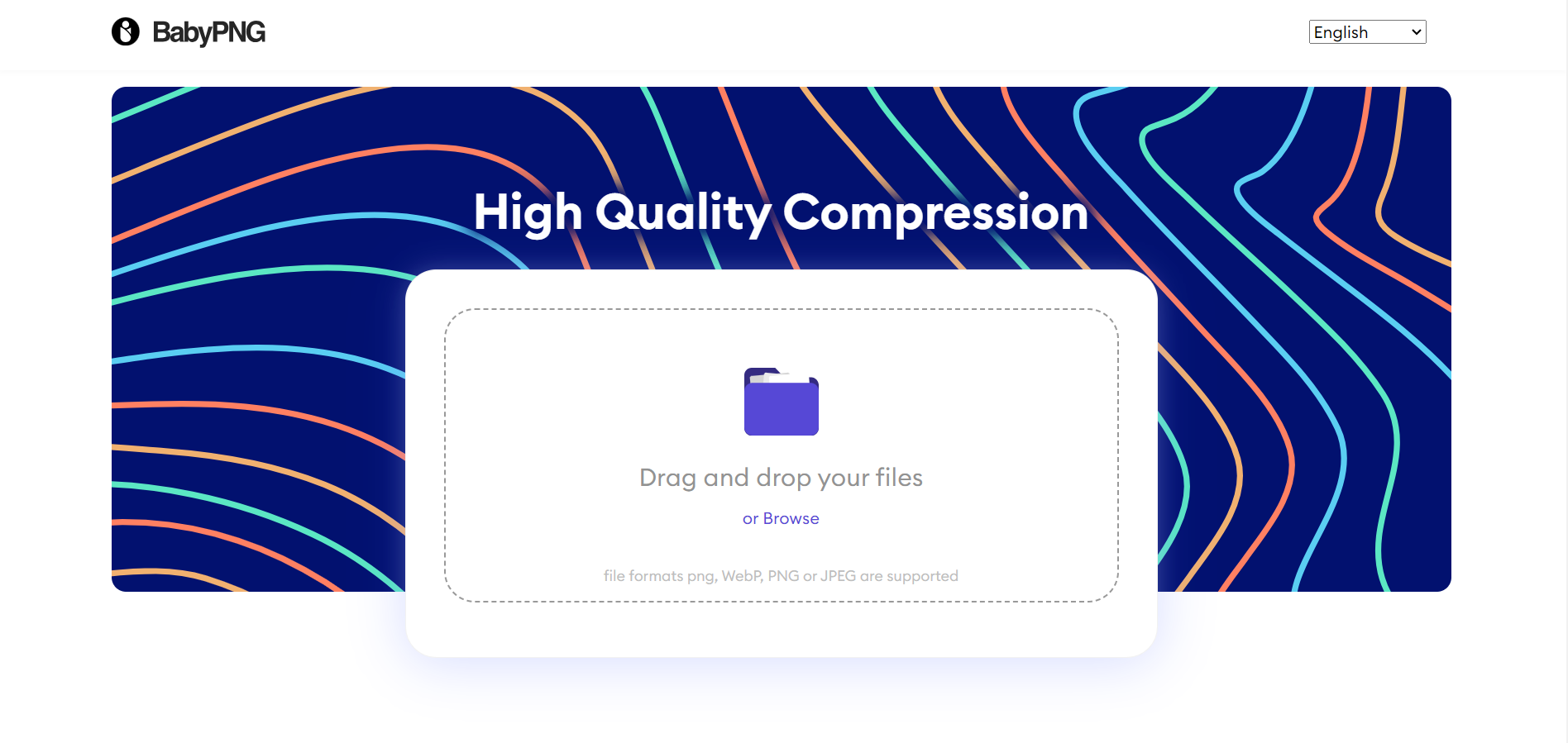How to Compress Images for Faster Loading Times and Better Web Performance
 Babypng
Babypng
In today’s digital age, where visuals play a crucial role in online communication, optimizing images for the web has become more important than ever. Large image files can slow down website loading times, leading to a poor user experience and negatively impacting your site’s search engine rankings. Fortunately, there are various tools and techniques available to help you compress images without compromising on quality. In this article, we’ll explore how you can use Babypng.com to compress different types of images and improve your website’s performance.
Compressing JPEG Images
JPEG images are widely used for photographs and complex images with gradients. However, they can have large file sizes, especially when captured with high-resolution cameras. To compress JPEG images effectively, you can use the compress jpeg tool on Babypng.com. This tool allows you to reduce the file size of JPEG images without losing noticeable quality. Simply upload your JPEG file, and the tool will automatically compress it, making it ideal for web use.
Compressing PNG Images
PNG images are commonly used for graphics, logos, and images with transparency. While they offer excellent quality, PNG files can be quite large, impacting website loading times. With the compress png feature on Babypng.com, you can reduce the file size of PNG images while maintaining transparency and image quality. This tool is perfect for optimizing PNG images for web use without compromising their visual appeal.
Compressing WebP Images
WebP is a modern image format developed by Google that offers superior compression and quality compared to JPEG and PNG. By using the compress webp tool on Babypng.com, you can further optimize WebP images for faster loading times on your website. This format is particularly beneficial for responsive web design and mobile optimization, as it reduces the amount of data transferred over the network.
Compressing GIF and TIFF Images
In addition to JPEG, PNG, and WebP, Babypng.com also offers tools to compress other image formats such as GIF and TIFF. GIF images are commonly used for animations and can have large file sizes. With the compress gif feature, you can reduce the size of GIF files without compromising their animation quality. Similarly, the compress tiff tool allows you to compress TIFF images for better web performance.
Benefits of Image Compression
Compressing images using Babypng.com offers several benefits for website owners and developers:
Faster Loading Times: Compressed images load faster, improving the overall performance of your website.
Improved User Experience: Faster loading times lead to a better user experience, reducing bounce rates and increasing engagement.
Search Engine Optimization (SEO): Search engines like Google consider page speed as a ranking factor. Compressed images can help improve your site’s SEO performance.
Lower Bandwidth Usage: Compressed images consume less bandwidth, making your website more cost-effective, especially for mobile users.
Conclusion
Optimizing images for the web is essential for maintaining a fast and user-friendly website. Babypng.com provides a range of tools to compress different image formats, including JPEG, PNG, WebP, GIF, and TIFF. By using these tools and techniques, you can enhance your website’s performance, reduce loading times, and deliver a better experience to your visitors. Start compressing your images today and reap the benefits of a faster and more efficient website.
Subscribe to my newsletter
Read articles from Babypng directly inside your inbox. Subscribe to the newsletter, and don't miss out.
Written by
